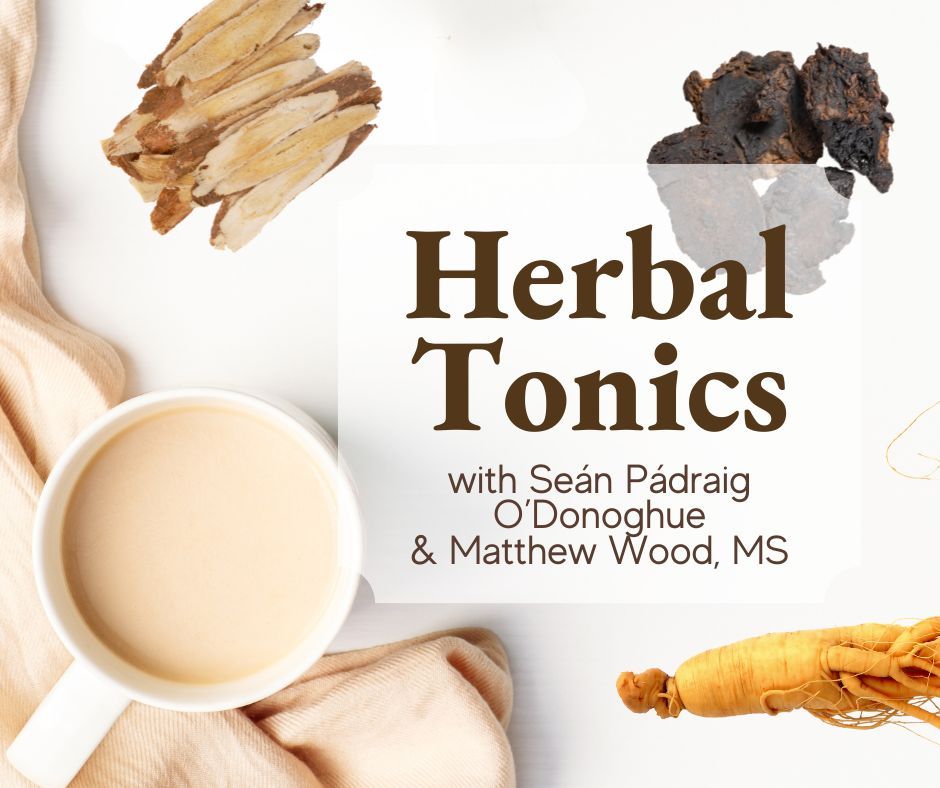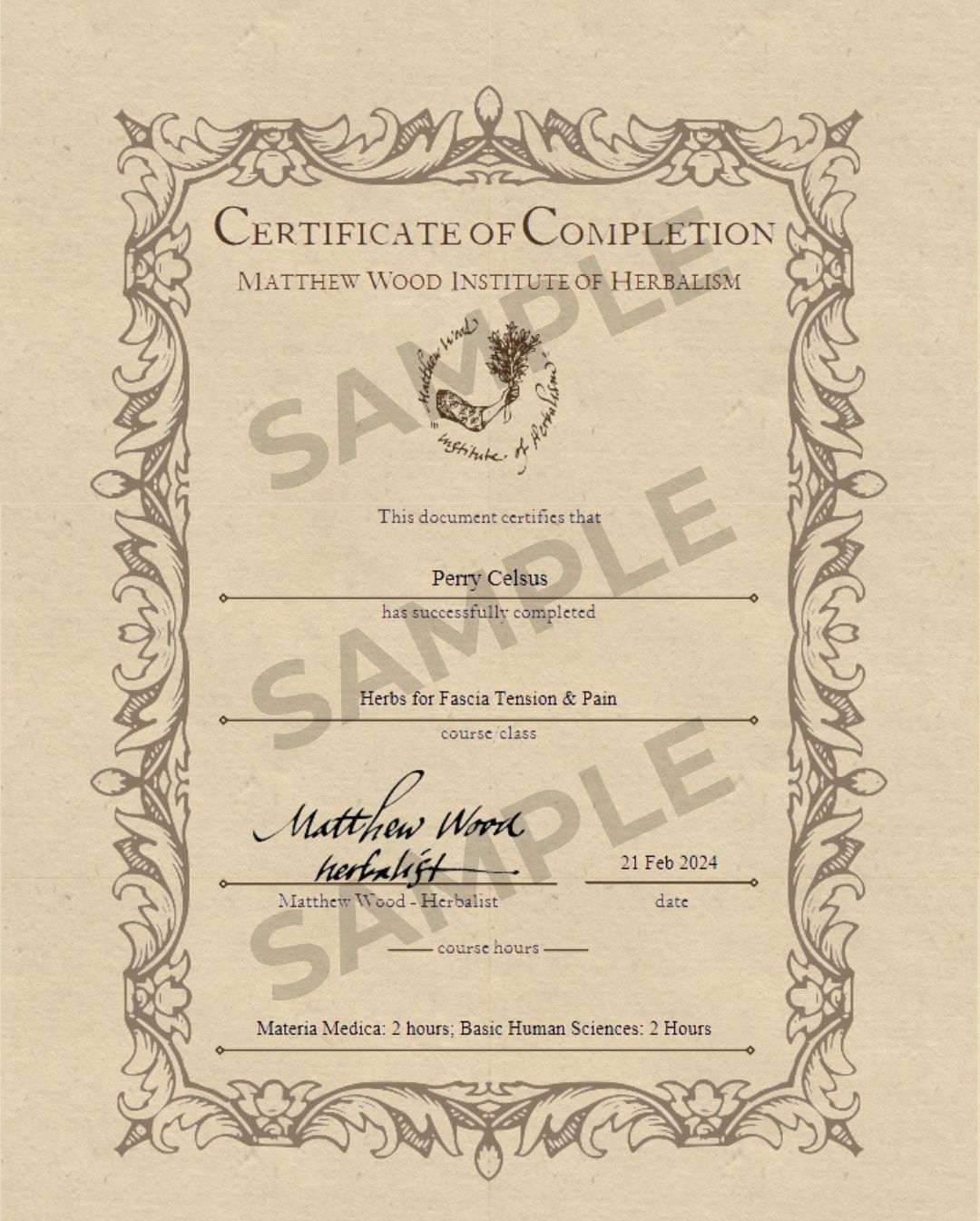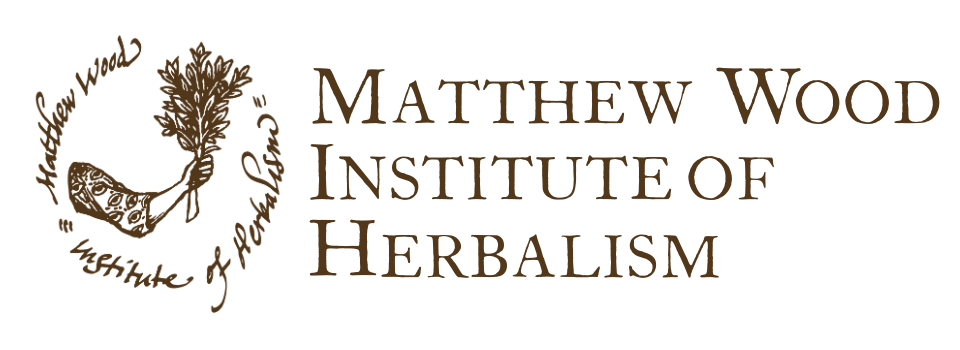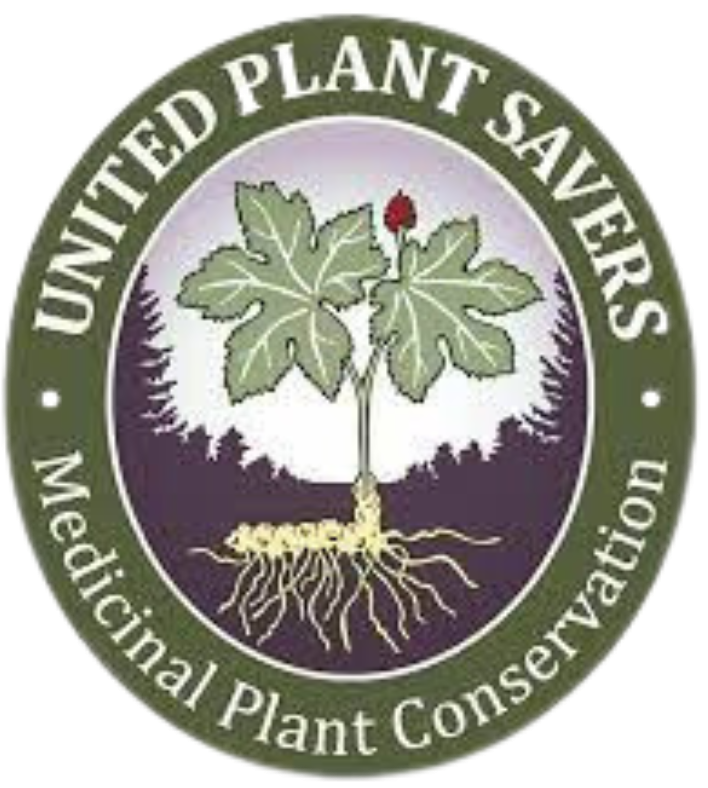
Herbal Tonics
Supportive - Balancing - Vitalizing
What is a herbal tonic?
Turns out it is not that easy to define.
Generally, it is thought of as a preparation that is more like food in composition and acts generally and slowly to build up some tissue or organ, rather than having a sharp medicinal activity that changes functions within the organism. The whole herb is used, not the “active constituents.”
English-speaking herbalists originally used the word "tonic" to describe astringents, because they give "tone" to tissues.
Generally, it is thought of as a preparation that is more like food in composition and acts generally and slowly to build up some tissue or organ, rather than having a sharp medicinal activity that changes functions within the organism. The whole herb is used, not the “active constituents.”
English-speaking herbalists originally used the word "tonic" to describe astringents, because they give "tone" to tissues.
Today, however, the word is more commonly used to describe a remedy that
can be safely given to most people at relatively large doses to
maintain or improve health.
This can include bitter, iron, blood, qi, yin, and yang tonics, as well as tonics for specific systems - brain, immune, spleen, liver, kidneys, and heart.
Many of these come to us from Traditional Chinese Medicine; Taoist medicine is largely a tonic-based approach based on building up the “precious substances” of the body.
We discuss the difference between tonics and adaptogens and touch on questions of pharmacology, which are not prominent in this category.
We explore several such remedies, including Rehmannia and Astragalus (sweet tonics), Gotu Kola (brain tonic) and, for contrast, Gentian (bitter tonic) and how they help the body navigate stress.
This can include bitter, iron, blood, qi, yin, and yang tonics, as well as tonics for specific systems - brain, immune, spleen, liver, kidneys, and heart.
Many of these come to us from Traditional Chinese Medicine; Taoist medicine is largely a tonic-based approach based on building up the “precious substances” of the body.
We discuss the difference between tonics and adaptogens and touch on questions of pharmacology, which are not prominent in this category.
We explore several such remedies, including Rehmannia and Astragalus (sweet tonics), Gotu Kola (brain tonic) and, for contrast, Gentian (bitter tonic) and how they help the body navigate stress.
Includes
Support Materials
2 pages of manuscripts from Matthew
(not downloadable)
Support Materials
Handout from Seán Pádraig O'Donoghue
(downloadable)
Video
2.25 hours of teaching
Certificate
Certificate included
(see more below)
This is for you if you...
Upon completion, you will...
Teachers
Matthew Wood, MS
Matthew Wood has been a practicing herbalist for over forty years. He is an internationally known teacher and author with more than ten books to his credit. Matthew has an MSc in herbal medicine from the Scottish School of Herbal Medicine (accredited, U. of Wales). He lives in the Midwest.
Seán Pádraig O’Donoghue
Seán is an herbalist, writer, teacher, and Priest in two traditions. His approach to healing weaves together the insights of traditional Western herbalism and contemporary science. He regards physical, spiritual, and emotional healing as deeply intertwined.
Certificate Included

-
How to Get a Certificate
- Complete course materials
- Pass the test with a grade of 70% or better
- Save or print your certificate!
Available with subscription and individual course purchases.
-
Accreditation hours
This course is a total of 3.5 accredited hours- 1 hour Materia Medica
- 2.5 hours Pharmacy, Pharmacognosy, and Dispensing
*Please check with your accrediting agency whether they will accept accredited hours or certificates from the Matthew Wood Institute of Herbalism
Write your awesome label here.
Herbal Tonics
You're invited! Add herbal tonics, decrease stress, experience balance.
Looking For A DEEPER JOURNEY INTO HERBALISM?

